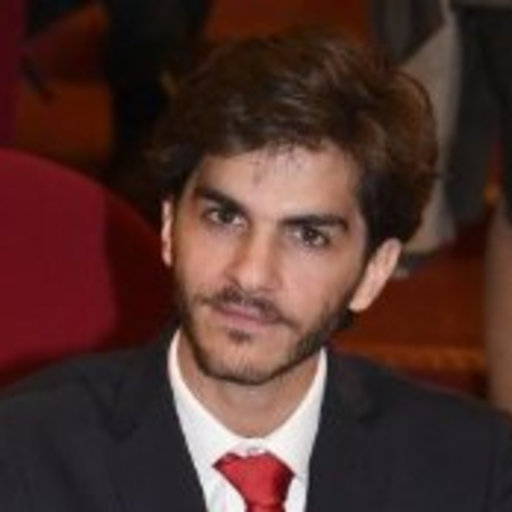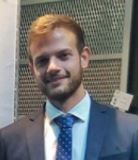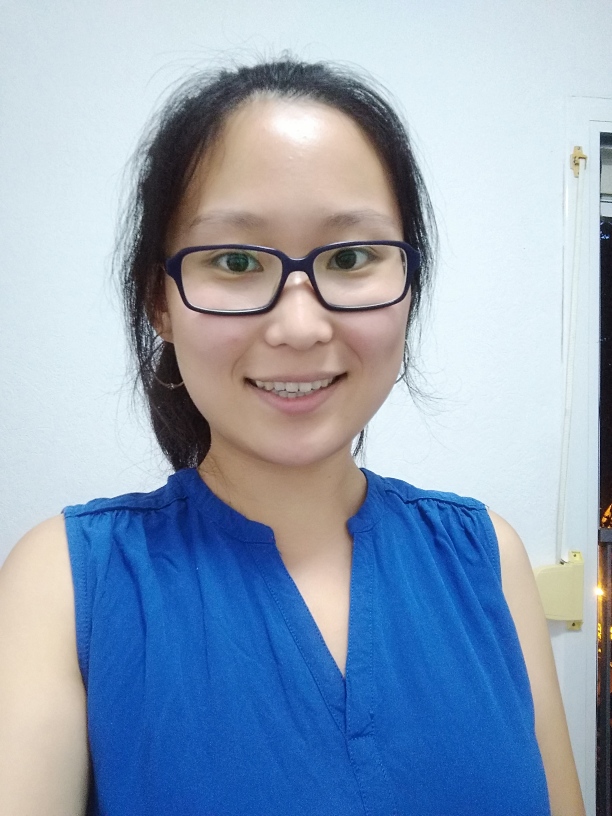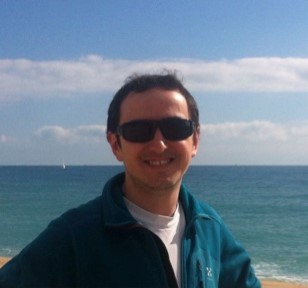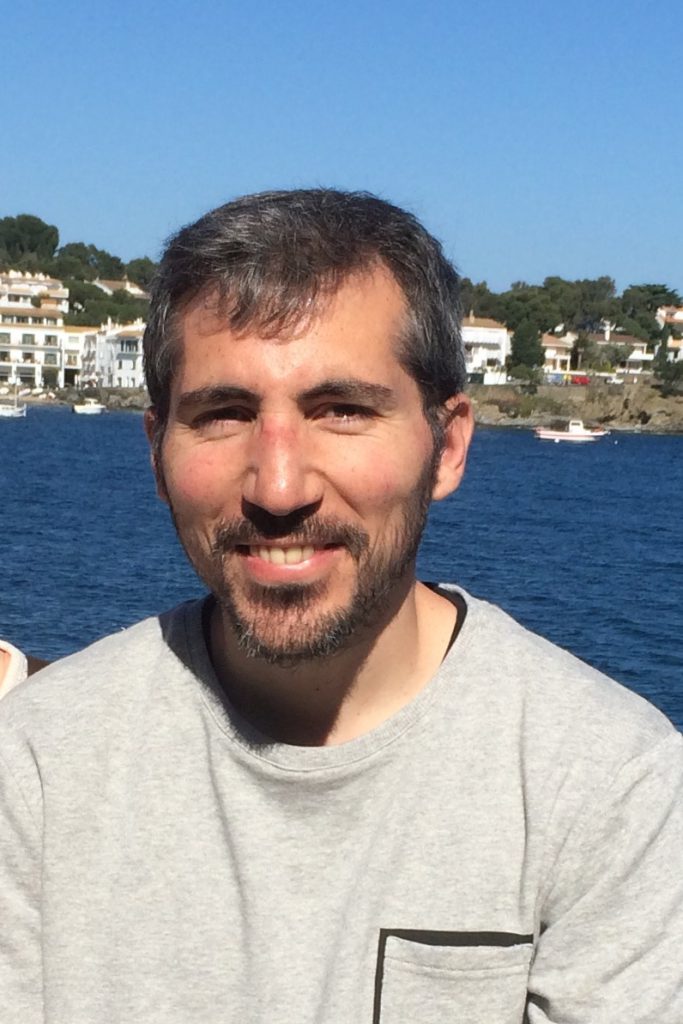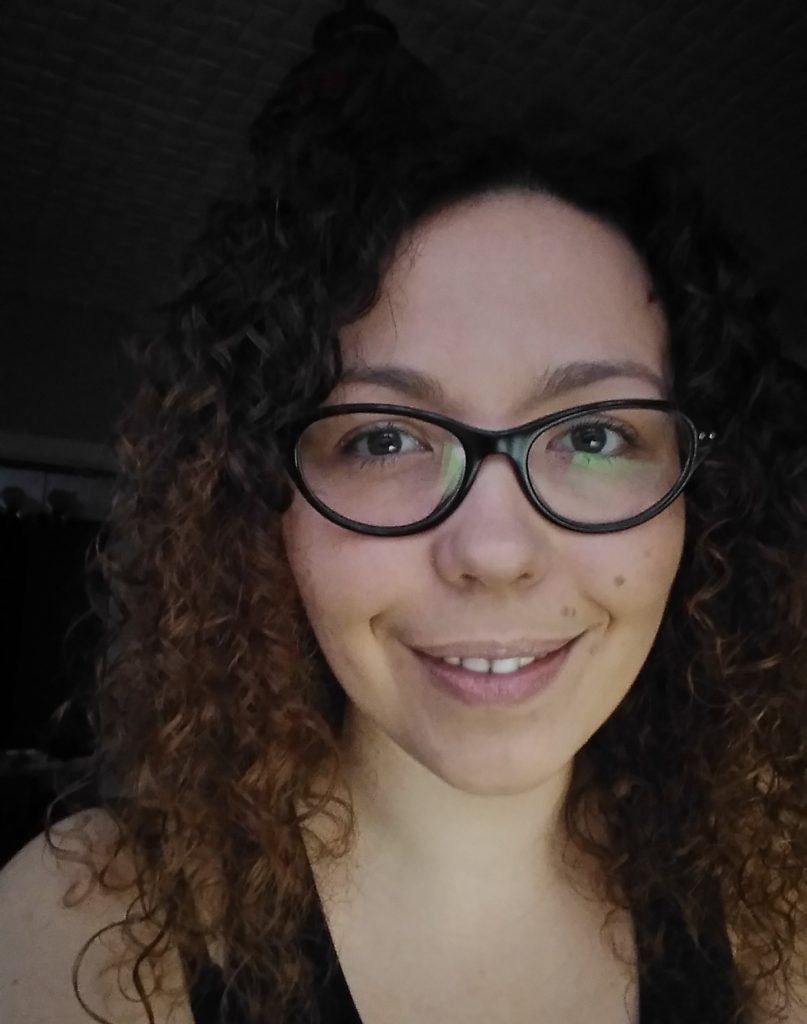Principal researcher
Short biography
Albert holds M.Sc. and PhD degrees in Physics from the University of Barcelona (2001, 2007) and M. Eng. degree in Materials Science from the Polytechnic University of Catalonia (2007). He has worked as a research associate at the Institute of Microelectronics of Barcelona (ES) and as a visiting researcher at the University of Oslo (NO), Imperial College London (UK) and Caltech (USA). In 2010, Albert gained a Ramon y Cajal Fellowship and joined the Catalonia Institute for Energy Research (IREC) as the Head of the Nanoionics and Fuel Cells Group. Currently, he is ICREA Professor at IREC and leads a group of 20+ people devoted to nanomaterials for alternative energy technologies and their applicability in powering portable devices and synthetic fuel production. He has been principal investigator of 8 EU research projects, including one ERC-Consolidator Grant and a H2020 coordinated project, attracting a total amount of 6+ M€ as PI.
Research interests
The research work carried out by Albert is in advanced materials for energy applications. In particular, he has been developing innovative concepts for improving the performance of different solid state energy devices such as Solid Oxide Fuel and Electrolysis Cells (SOFC/SOEC), ThermoElectric Generators (TEGs) or Li-ion batteries for energy storage and portable power applications. In the last years, Albert has been specifically developing new concepts for the unexplored field of Nanoionics. Nanoionics is called to drive a new revolution similarly to Nanoelectronics, underlining the relevance of size effects and interfaces on mass transfer, transport and storage. Albert’s group is pioneer in implementing interface-dominated nanomaterials in real devices for radically new applications. In this direction, he was recently awarded with an ERC CoG to implement disruptive Nanoionics concepts in Si-integrated micro-SOFC technology.
Research scientist
Nerea has focused her career on the development of nano/micro devices. She has participated in several projects related to nanotechnology, performing research activities in top quality cleanroom facilities in Europe and the US. After her Bachelor, Nerea had her first contact with nano/microfabrication at IMEC (Belgium). Then, she performed her PhD. at the Universidad Autónoma de Barcelona based on functional nanoparticles and interdigitated nanoelectrodes for biosensing. During that period she had the opportunity to carry out part of her research at Lawrence Berkeley National Lab (CA, USA). In 2014 she joined the University of Washington to develop an intraocular pressure sensor based on microtechnology to monitor glaucoma. Beside the technical development she was also in charge of leading the efforts of this project on the entrepreneurial side. Currently, she is in charge of the microfabrication aspects of the micro-SOFC based power generator in the frame of an ERC grant at IREC.
Ph.D. students
Francesco Chiabrera obtained his bachelor and master degree at Politecnico di Torino in Energy and nuclear engineering. The degree course deals with physical and chemical processes occurring in the energy transformation from fuel to power. After the degree, he decided to dedicate to the study of Micro Solid Oxide Fuel Cells, where he could find a perfect application of the elements of thermodynamics, material science and mechanical engineering assimilated during his studies. He is currently studying PhD at IREC in the improvement of the cathode performance in Micro Solid Oxide Fuel Cells and in the study of interface dominated solid oxides thin films.
Marco Bianchini obtained his bachelor’s degree at Politecnico di Milano in Materials and Nanotechnology engineering and a M.Sc. from an Erasmus Mundus program at UPJV Amiens on Materials for Energy Storage and Conversion (MESC). From this latter, he had the opportunity to be taught by world-renowned experts in the field from different european universities. Marco is focusing his career on the understanding of the physio-chemical properties of the materials and their application in renewable energy-based technologies. For this reason, he decided to pursue a PhD on the Microfabrication of micro-Solid Oxide Fuel Cells, exploring new insights on the integration of advanced thin films in silicon technology.
Yunqing Tang received her bachelor´s and master’s degree at University of Seville in Materials Engineering and Science and Technology of New Materials, respectively. During that period, she developed the mechanosynthesis of the components (cathode, anode and electrolyte) of Solid Oxide Fuel Cells (SOFCs) with perovskite structure. After graduation, she decided to continue the research of the materials for renewable energy applications. Currently, she is a PhD student at the Catalonia Institute for Energy Research (IREC) in the interface-dominated nanomaterials for energy applications, focusing her career on developing strategies to improve micro-SOFCs cathode materials performance.
Research engineer
Marc’s professional projects have in common nano-fabrication and nano-measurement analysis to push further what is technically feasible. He prepared his masters degree in nanotechnology in France before starting the PhD in Toulouse in the topic of graphene nano-devices fabrication and analysis. During this work he specialized in electronic microscopy techniques as well as cryo-magneto-transport measurements and ultra high vacuum multiprobe scanning tunnelling microscopy. During his career he had the occasion to collaborate in France, Spain, Germany and Japan to extend the range of experimental possibilities and seed partnerships. After an attempt to create his own 3dprinting society he joined the IREC in Barcelona during the fall of 2017 where he is now in charge of the nanoionics and fuel cell laboratory equipment.










